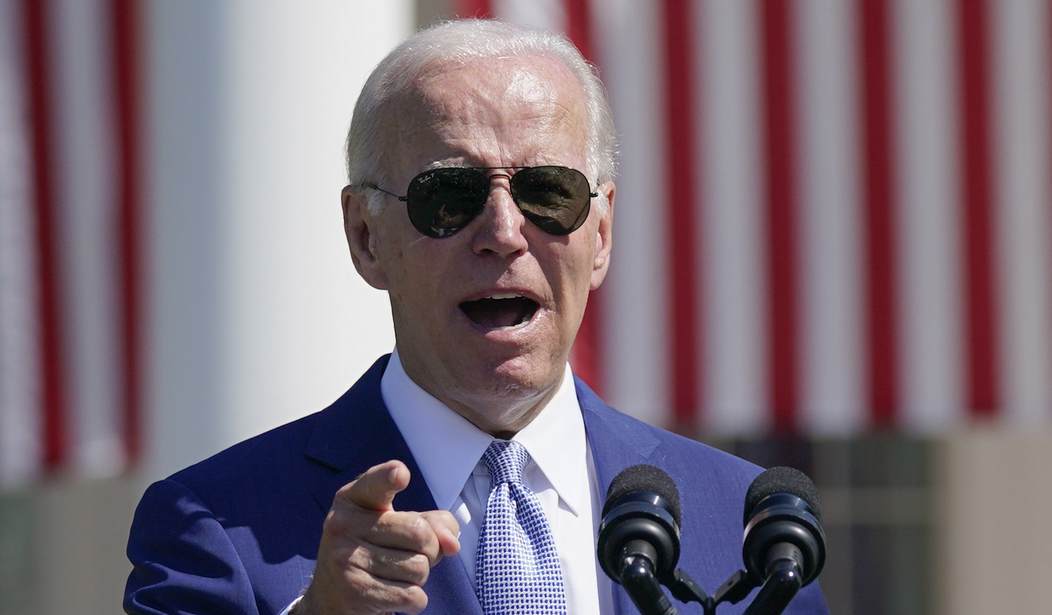President Biden’s student loan “forgiveness” plan, which transfers debt payments from the college educated to working class Americans, could trigger a tax bill in 13 states.
While the plan is tax-free on federal returns, some experts say the “cancellation” may be viewed as income in Arkansas, Hawaii, Idaho, Kentucky, Massachusetts, Minnesota, Mississippi, New York, Pennsylvania, South Carolina, Virginia, West Virginia and Wisconsin.
According to a preliminary analysis from the Tax Foundation, a maximum state liability in these states range from $300 to $1,100.
“Generally speaking, states use the federal tax code as a baseline for how they define taxability,” said [Jared Walczak, vice president of state projects at the Tax Foundation], explaining how some use what’s known as “conformity” to follow certain federal legislation.
Some states have “rolling conformity,” updating state tax legislation as federal laws change, and others may only conform from a certain date, which may require updates to match the current law, he said.
In some cases, states may “decouple” from certain federal provisions to make the state tax code its own, Walczak said.
Since canceled debt is generally taxable, “there are a patchwork of approaches, most of which were not ever really about student loan debt,” he said.
While the preliminary analysis shows some states may tax student loan forgiveness, there’s still time for policy changes, Walczak said.
“States could come back very early in the next legislative session, update their conformity statute and make it effective immediately,” he said.
And although it’s “clear cut” in some states, others may rely on administrative guidance or a regulatory ruling, Walczak said. (CNBC)
Recommended
Analysis from the University of Pennsylvania Penn Wharton business school shows the president’s student loan bailout could cost taxpayers more than $1 trillion.

























Join the conversation as a VIP Member